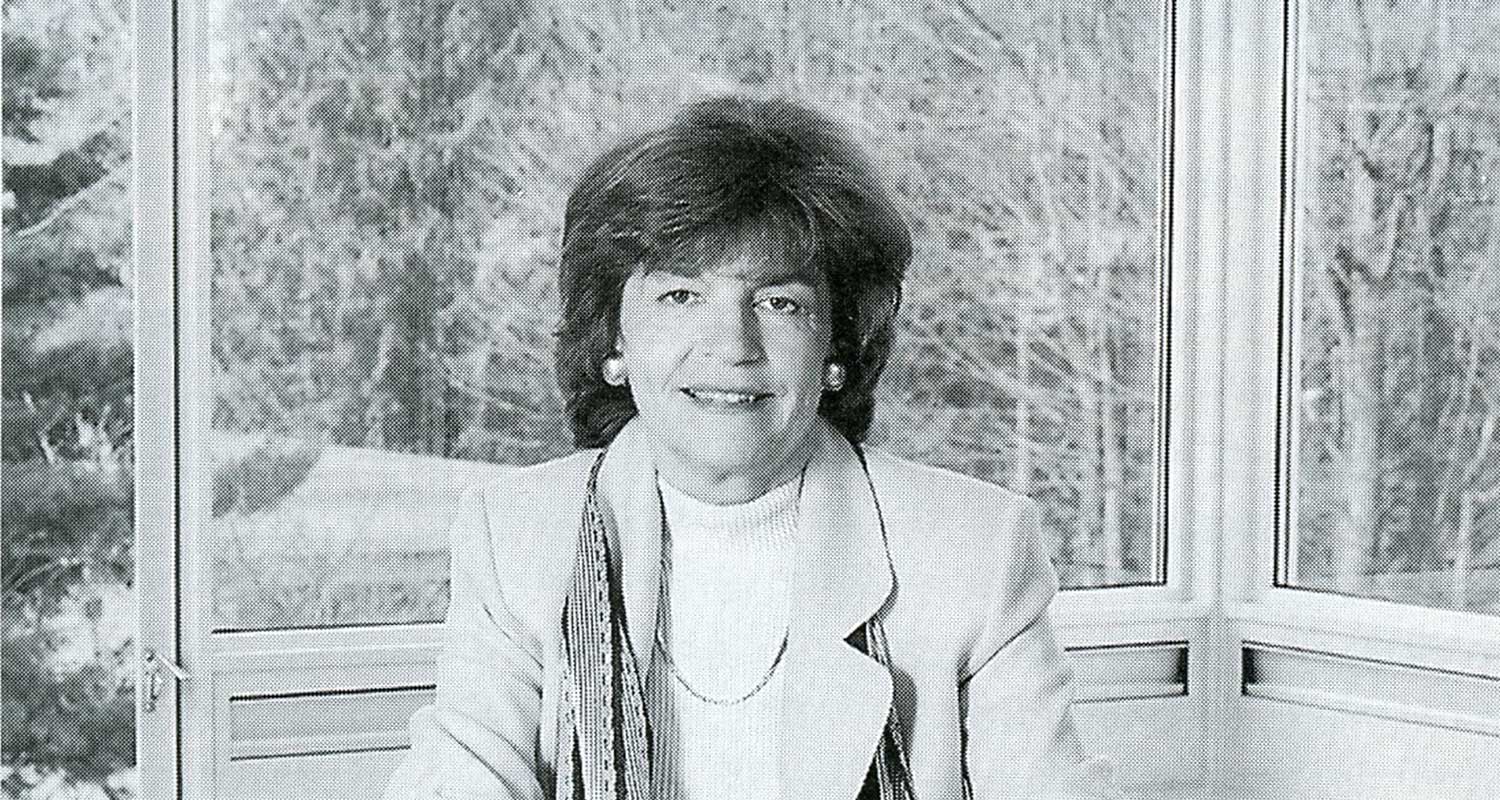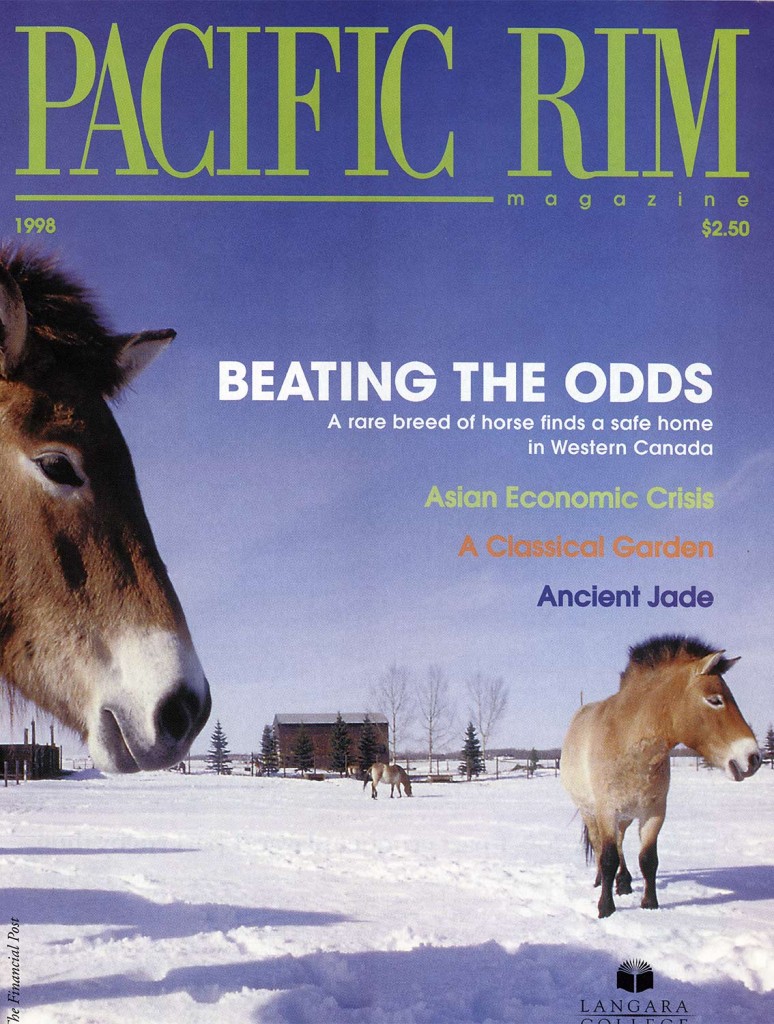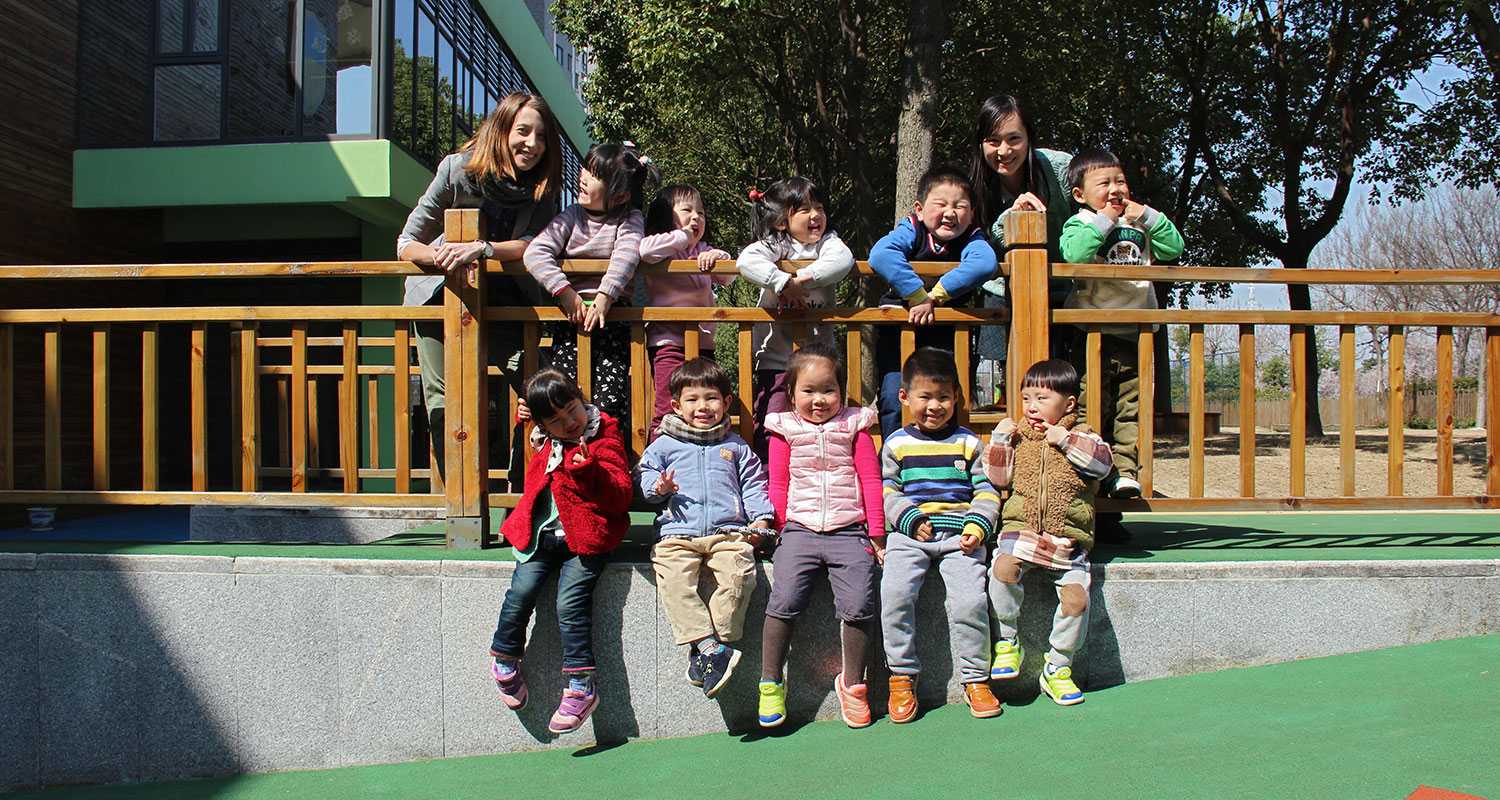Sawdust remains on the floors, the rooms are still unfurnished, and the paint on the walls is barely dry, but the University of British Columbia is almost ready to welcome the first class of students to its newest Masters program-the Sing Tao School of Journalism.
Creating The Program
The idea of creating such a program had been tossed around campus since 1976. The concept was easily accepted but faced one major obstacle-funding. Twenty-two years after the idea was first conceived, UBC readies itself to receive the first journalism students this September, due in large part to the generosity of Sally Aw, chair of the Sing Tao Foundation.
While UBC is not disclosing the amount of the donation, Langara College’s Journalism Review reported last year that it totalled ten million dollars-three million for the new building and seven million for initial setup and operating costs.
Sing Tao, the largest Chinese-language newspaper in Canada, publishes newspapers in Vancouver, Toronto and Calgary. The Hong Kong based company also has papers in the United States, Great Britain and Australia.
By giving such a sizable donation, Sally Aw is hoping to advance the profession of journalism everywhere, according to Sing Tao School of Journalism director Donna Logan.
“[Aw] comes from a family tradition that believes in giving back,” Logan says. “They have newspapers in Canada and the United States and so this is her choice to give back. They are also very concerned with improving journalistic standards.”
Accepting The Donation Came With A Catch
In accepting the donation, then UBC president David Strangway agreed to name the school after the Sing Tao Foundation. The decision sparked controversy at UBC regarding the ethics of naming a program after a corporate sponsor. Several senators believed that the decision set a dangerous precedent and might lead to the further commercialization of academia, but the university refused to reverse its decision.
Logan defends the decision and downplays concerns that the credibility of the school might be hurt. “I think that would be grossly unfair,” says Logan. “The university has wanted to start a school of journalism for fifteen years now and with declining public money they have not been able to do it, so this represented a way to achieve the goal. And frankly this has been set up in such a way that it is independent-it’s as if the money was coming from a public source.”
She continues, “In the United States it’s quite common for journalism schools to bear the name of newspaper donors-Scripps Howard for example. There’s a Scripps Howard School of Journalism that’s reputed to be one of the top schools in the United States, and the fact that it’s named after the newspaper chain doesn’t seem to have hampered its reputation.”
What Is The Sing Tao School Of Journalism?
The Sing Tao School of Journalism will be housed in its own state-of-the-art, three-storey, 1,080-square-metre building which will provide both teaching and office facilities for students, faculty and staff members. The building includes a classroom large enough to accommodate 40 students, a seminar room, a working news room lab and additional layout facilities and darkroom space.
The aim of the two-year program is to develop journalists capable of achieving the highest professional standards by being better prepared and well informed. This will be done by combining advanced journalism practice and theory with academic studies at the graduate level. It will be the only school in Canada that will emphasize this combination. The goal is to create working journalists with a specialty.
The focus of the program seems to have caught the attention of prospective students as some 175 applications have been received for the 15 positions available in the first year.
Meeting The First Director
In August of 1997 Logan was named as the school’s first director. She has the advantage of extensive experience in both print and broadcast media, including senior positions at the Montreal Star and the CBC.
Logan has been quick to defend the program against critics who claim there is no need for a Masters program in Western Canada. “It’s my belief from many years in the business that journalism should be offered at the graduate level rather than the undergraduate level simply because what you need to be a good journalist is a broad education. It’s therefore my preference that someone take a science degree, an arts degree or almost any degree before getting into journalism because it gives them a solid base on which to build a career.”
With this in mind, Logan set out to design the program for people with extensive journalistic experience and those with undergraduate degrees who can demonstrate writing and research abilities comparable to working journalists. The school plans to take a practical rather than theoretical approach to training its students. Students will examine ethics and the law, research and writing, newsroom practices, and standards and issues in contemporary journalism. One third of the credits taken towards the degree will be in a non-journalistic area of the student’s choice, thereby creating a specialization.
“It is focused on writing for all media and also on developing a specialty. They can come out of here as medical or financial journalists, for example. Economics, Asia Pacific studies or any of the specific programs here at UBC can constitute that specialty.”
The idea of specialization is one of the biggest differences between UBC’s program and the other two journalism Masters programs in Canada, located at Carleton University and the University of Western Ontario. “What I’ve tried to do is take advantage of our location and also concentrate on the things I think are really important in journalism. It is important to have specialists because we have too few of them in the profession these days and that’s where there may be jobs. Even the mass publications are going to need specialists to write about technology or aging or what have you.”
Not Everyone Thinks Specialists Are The Answer
Not all are convinced that the type of specialization that UBC is offering is the best solution. “I think specialization is a good thing philosophically,” said Tom Arnold, president of the Canadian Association of Journalists. “People having a better understanding and some specialization is a good thing, though I’m not sure the kind of specialization they’re talking about is going to mean more and better jobs for people.”
Arnold’s main concern is that there simply aren’t jobs available for graduates today, and he does not think that the jobs will exist down the road. “There are fewer medical reporting jobs, fewer scientific reporting jobs and fewer environmental reporting jobs than there are general reporting jobs. By having more specialization you could be limiting yourself.”
He does agree that it is necessary to have as many skills as possible. “By having better research skills, computer-assisted reporting, knowing graphic design or layout you have much more to offer an employer. I think that is the wave of the future. The problem with journalism schools right now is there are so many of them and not enough jobs, so there are hundreds and hundreds of students graduating each year . . . schools have to give students the kind of skills that other educational institutions are not,” says Arnold.
Logan, however, firmly believes in the direction of the new program. “What I’ve tried to do is tailor the program to where I think the jobs are, and take advantage of what UBC has to offer and what we have on the West Coast,” says Logan. “I see that as a current niche in the market and a developing one too. There’s an increasing need for people who have specialized abilities.”
Soon the doors of the Sing Tao School of Journalism will be open and, with any luck, the work of the students will be fit to print. The new school will be able to call itself a success when the debate over the need for specialization is resolved, not in the classroom, but in the newsroom.











